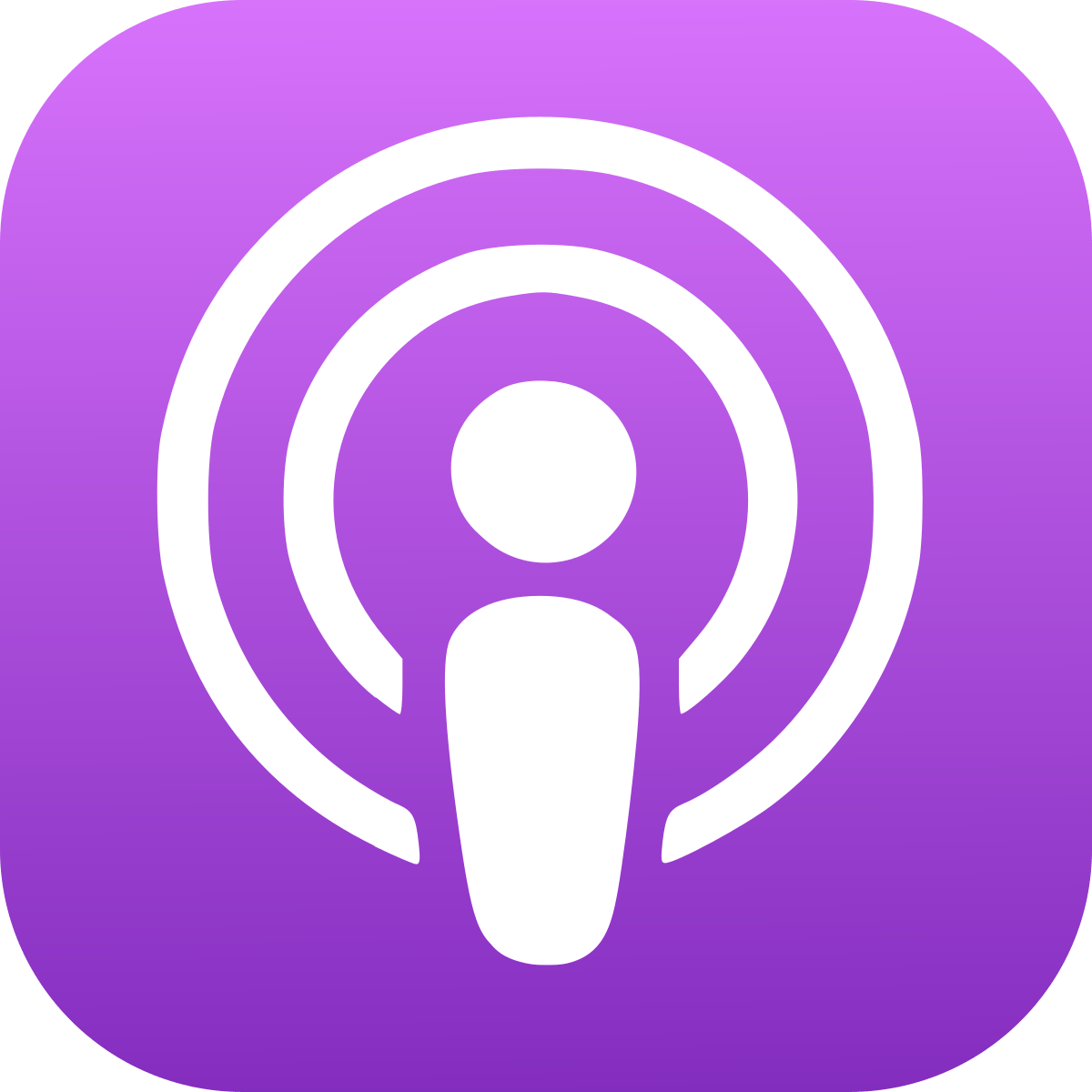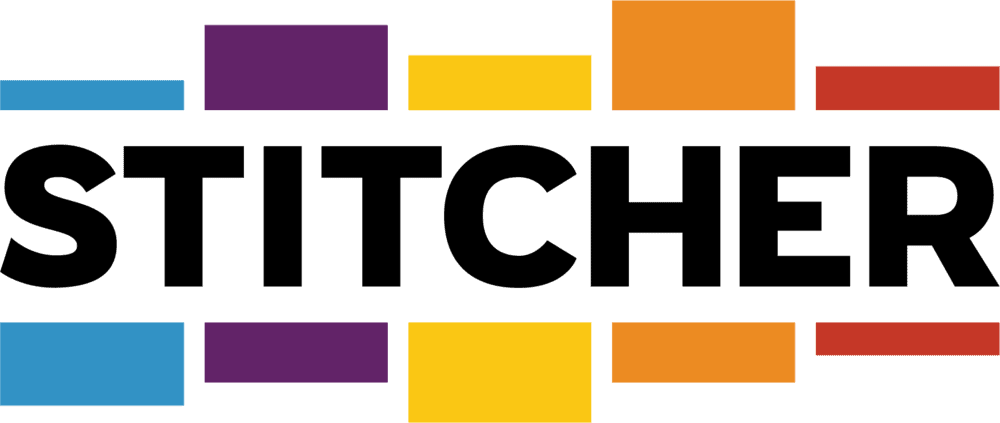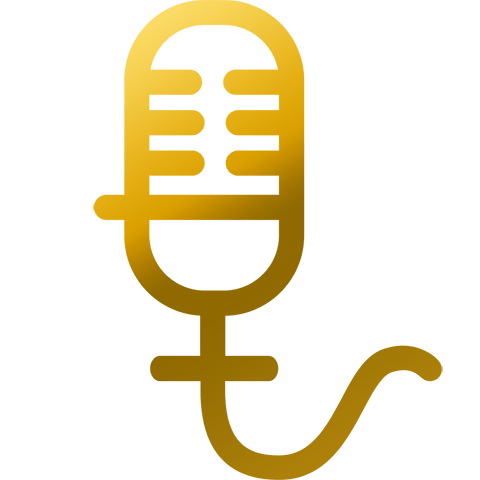Being a Catalyst For Change with Jonah Berger (Bonus Track)

Author Jonah Berger
Jonah Berger, the marketing professor from the Wharton School at the University of Pennsylvania and the internationally best-selling author Contagious and Invisible Influence. His most recent book, The Catalyst, looks at persuasion in a fresh and novel way, taking aim at the traditional idea of persuading people by pushing them with information or logic, and turns it on its head.
Listen to the podcast here
In the book, Jonah suggests that the acronym of REDUCE – Reactance, Endowment, Distance, Uncertainty, and Corroborating Evidence – is really the foundation for how someone who’s really good at persuasion can get it done. He calls these ways of lowering barriers the catalyst.
In the interview, we focused on Reactance. Psychological reactance is defined as an “unpleasant motivational arousal (reaction) to offers, persons, rules, or regulations that threaten or eliminate specific behavioral freedoms.” Jonah focused on how trying to push more information or rational reasons to do a behavior can lead to this. He states this eloquently when he said, “we think if we just give more facts, more reasons, more information, people come around, and often they don’t, often they do the exact opposite of what we want them to do.” It is this exact opposite that is the reactance part. As humans, we tend to react poorly when we are told to do something.
So what should we do instead? Again, here is what Jonah says,
“What’s very clear is that great change agents, great catalysts, people that change minds and drive action, they do things a little differently. They don’t sit there go, ‘Oh, what else could I do to get someone to change?’ Instead, they take a simple step back and they say, ‘Well, why hasn’t this person changed already? What’s stopping them? what’s getting in the way? What are those barriers or those obstacles that are preventing them from doing what I want? And how can I mitigate them?’ And in doing so, the drive that person to change?”
Jonah also points out that often times we think that if we just give people enough information, they will change. But many times, information isn’t the problem. Most smokers can tell you all the reasons that they shouldn’t smoke, yet they still do. As he says, “the barrier there is not lack of information…. But too many problems are not information problems, problems that we think are information problems are actually a different sort of problem.” We need to be able to determine what the root of the problem is before we can change it. The famous social psychologist, Kurt Lewin, looked at behavior as a function: B = f(P, E). Where behavior (B) is a function of the person (P) and the environment (E). The person is our personality, but also our history, our expectations, our skillset, and our desires, while the environment is both the physical as well as social environment we find ourselves in. To understand the barriers we face, we need to understand the P and E of this equation really well.
This leads us to the last component, a concept called “barrier blindness.” As humans, we are not very adept at figuring out the real barrier to change. We need to be able to identify, both in ourselves and others, what is keeping us from making the change necessary.
Anyone who has tried to stop smoking or maintain a diet knows that this isn’t easy.
Groove Idea:
The next time you find yourself in a situation where you’re asking someone to do something and they’re not doing it – say you’re asking your kids to finish their homework or trying to get your coworker to focus more on the things they need to complete for your project rather than something else – start by asking the question Jonah teed up: Why won’t this person do what you’re asking of them? Why are they doing what they’re currently doing and why is that preferred to what you’re asking of them?
See what you come up with and give it a try. Then, let us know how it turns out – we’d love to hear from you.
As always, drop us a line and let us know what you think!
And for now, we hope you get out there, have a great week, and keep on grooving.
Listen to the podcast here
Related Podcast Episode:
The Counterintuitive Persuasion of The Catalyst with Jonah BergerBEHAVIORAL GROOVES BLOG
- August 18, 2022 Improve Performance Using 12 Action-Oriented Words
- August 4, 2022 Groove Track: Why You Can’t Find a Cab on a Rainy Day!
- July 21, 2022 Mind Over Milkshakes: how our expectations change reality
- April 12, 2022 How One Man’s Social Identity is Inspiring the World
- February 11, 2022 Sweet Regret
- January 12, 2022 How to craft powerful goals – for you and your team!
- January 29, 2021 Being a Catalyst For Change with Jonah Berger (Bonus Track)
- November 13, 2020 The rule of 4 and other hints to improve your life with Roy Baumeister (Bonus Track)
- November 13, 2020 Using priming to improve your life – our interview with Dr. John Bargh (Bonus Track)
- October 23, 2020 Using moral arguments to change opinions with Andy Luttrell (Bonus Track)
- September 29, 2020 Habits vs Routines
- September 29, 2020 Good Prime – Bad Prime
- April 8, 2020 Why toilet paper?











